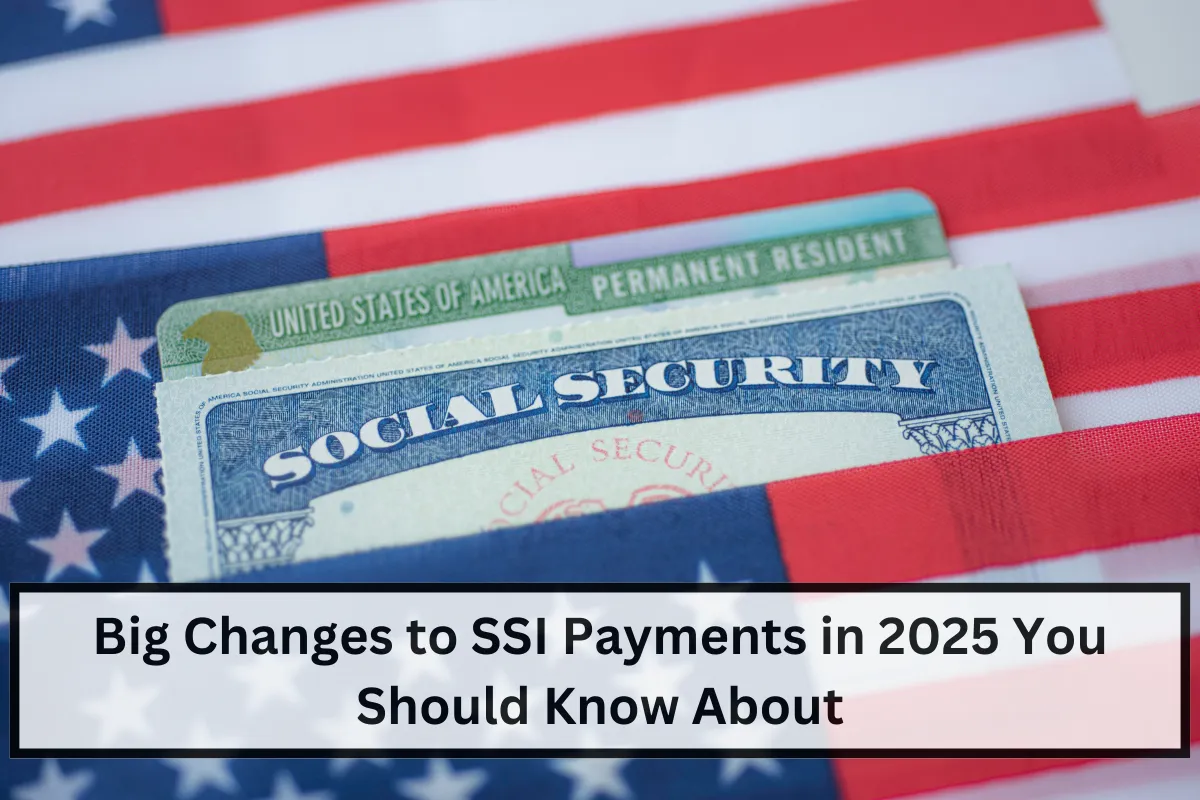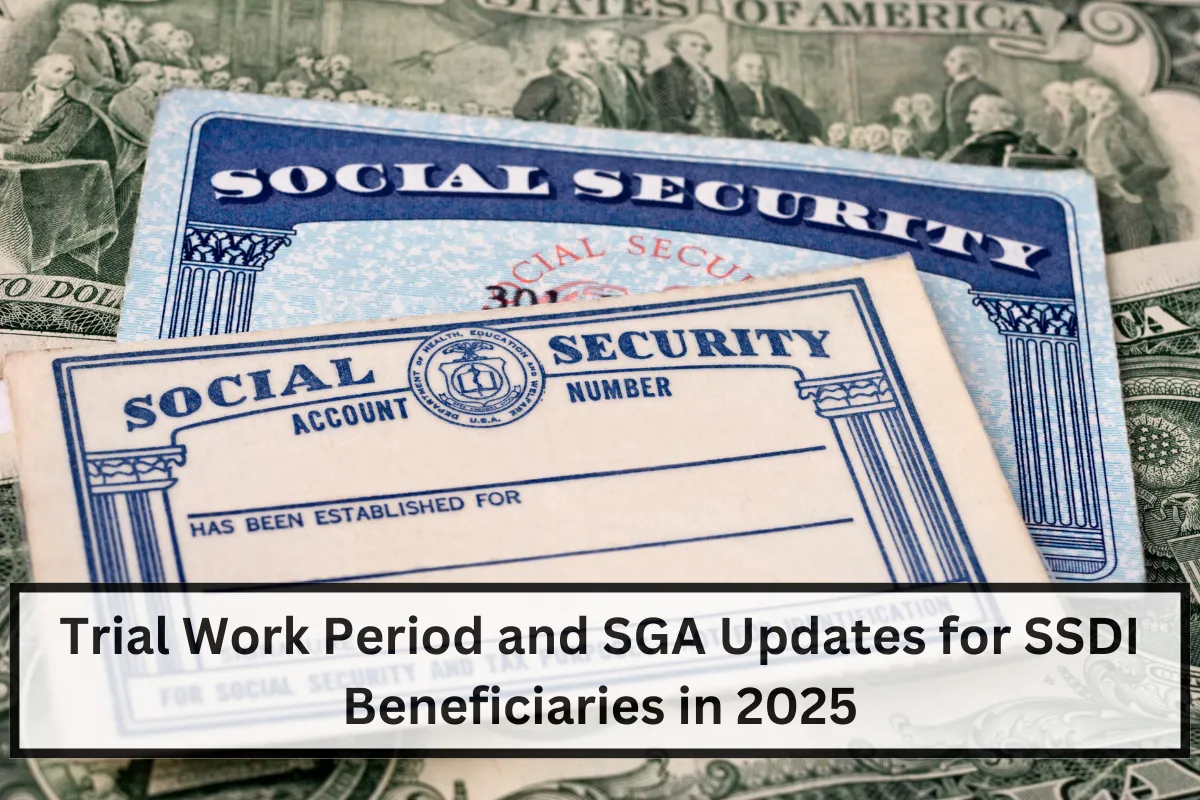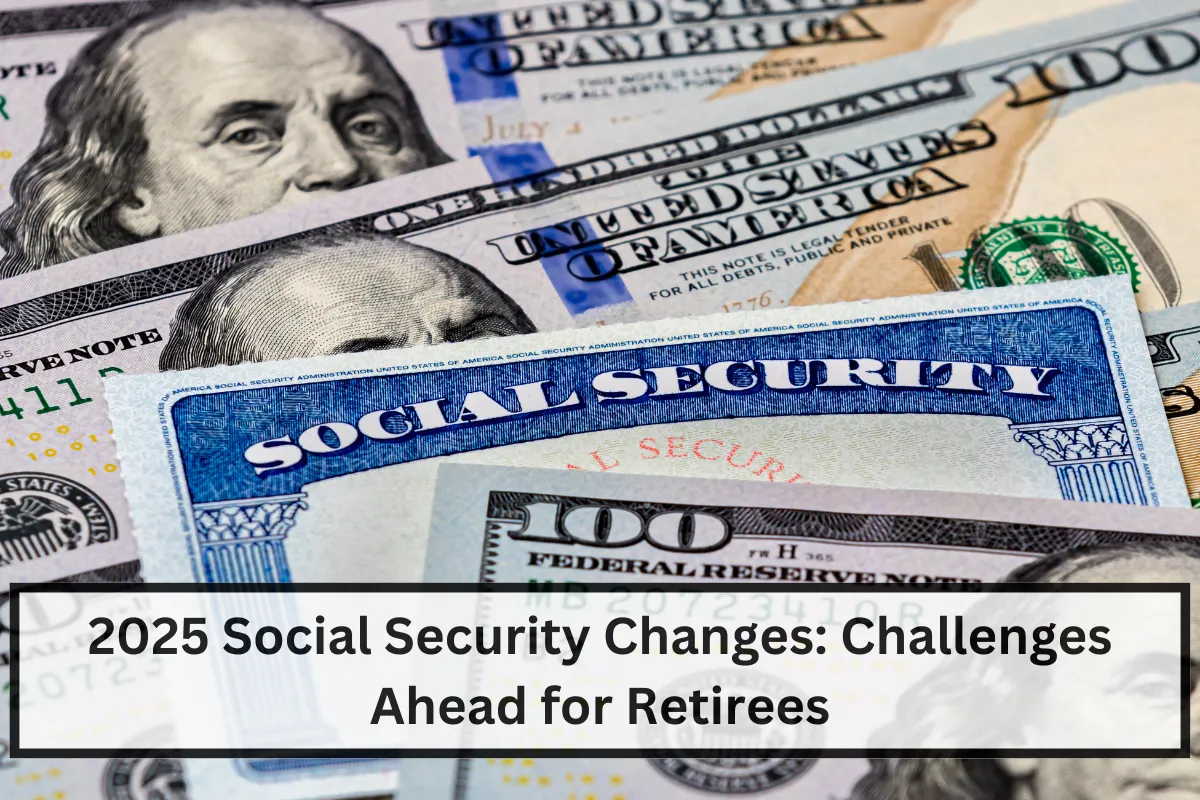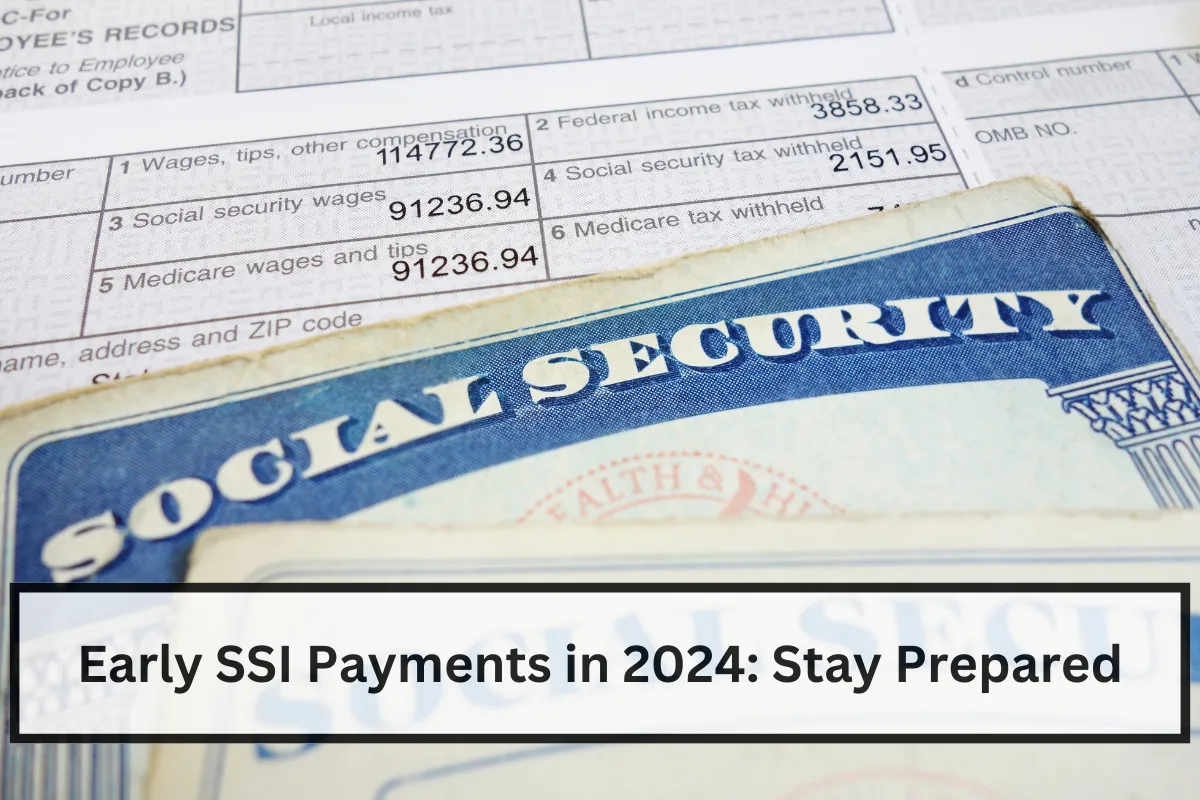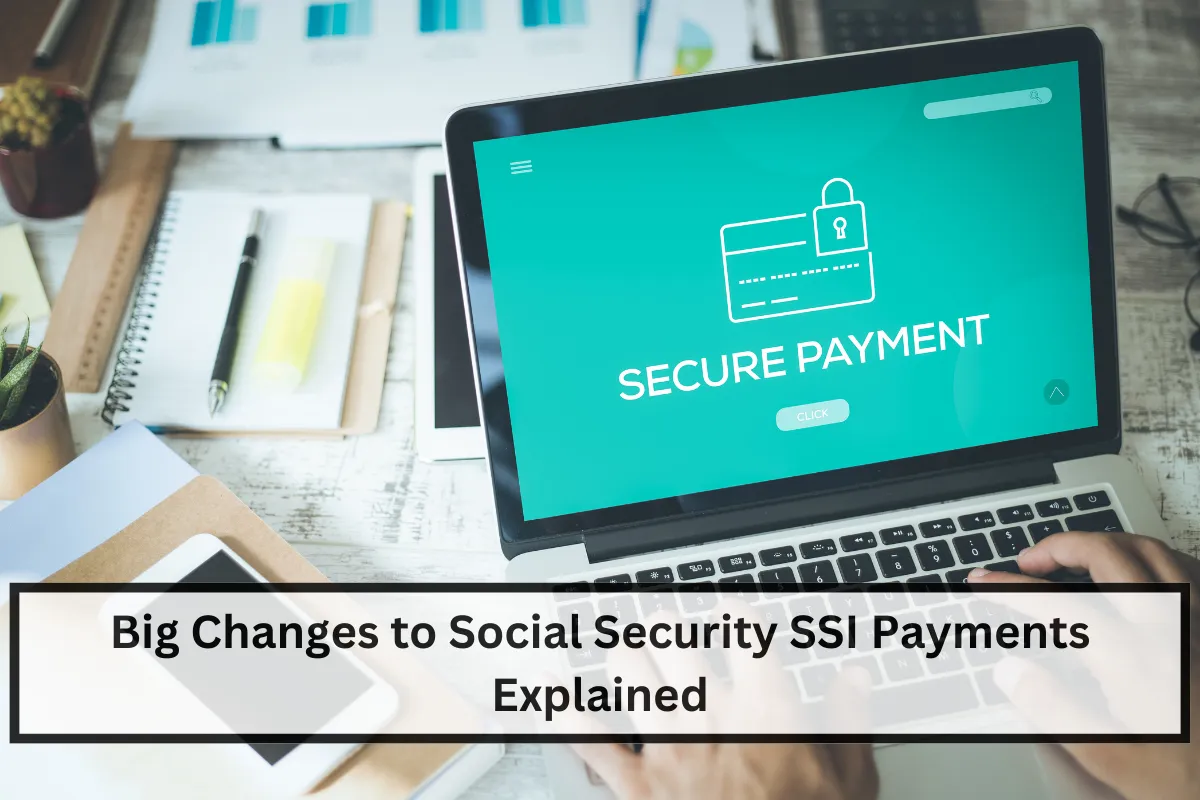Social Security is a crucial part of retirement planning for many Americans. Yet, not everyone can count on receiving these payments.
Around 2.6 million Americans aged 60 and above are classified as “never beneficiaries,” meaning they don’t qualify for Social Security retirement benefits.
Let’s explore why this happens, who is affected, and what steps you can take to secure your benefits.
Why Do Some Americans Miss Out on Social Security Benefits?
What Does “Never Beneficiary” Mean?
A “never beneficiary” is someone who doesn’t receive Social Security retirement benefits due to not meeting the eligibility criteria. This happens for several reasons:
- Insufficient Work Credits: To qualify, you need to earn 40 credits (10 years of work).
- Employment Outside Coverage: Certain jobs, like some government or railroad positions, don’t contribute to Social Security.
- Immigration or Late Workforce Entry: Many older immigrants or those with infrequent work histories lack enough credits.
Key Requirements for Social Security Eligibility
To qualify for Social Security, you must:
- Work for at least 10 years in jobs that pay into Social Security.
- Earn 40 credits (up to 4 per year).
Starting in 2025, you’ll need $1,810 of earnings per credit, up to four credits annually.
Regular Steps to Secure Eligibility:
- Review Your Social Security Statement: Verify your earnings and credits.
- Consult Financial Advisors: Plan for potential gaps in your eligibility.
- Supplement Retirement Savings: Explore additional income options if needed.
Groups at Risk of Missing Out
- Late-Arriving Immigrants: Nearly half of “never beneficiaries” are immigrants who haven’t worked long enough in the U.S.
- Infrequent Workers: Individuals who take career breaks, such as for caregiving, make up about 39%.
- Non-Covered Employment: Jobs not contributing to Social Security include certain government roles and railroad positions.
Special Situations and Exceptions
- Living Abroad: U.S. citizens in some countries, like Cuba or North Korea, may not receive payments unless they move.
- Survivors’ Benefits: Spouses and children may receive financial support if a worker passes away before collecting benefits.
- Divorced Individuals: If you were married for at least 10 years, you might qualify for spousal benefits.
How to Secure Your Social Security Benefits
- Check Your Eligibility: Use the SSA website to ensure you’re on track.
- Earn Missing Credits: Work longer or find jobs that contribute to Social Security.
- Use the Retirement Estimator Tool: Plan your finances effectively.
- Explore Alternatives: If you’re disabled or unable to work, check if Supplemental Security Income (SSI) applies to you.
Social Security is vital for a secure retirement, but not everyone qualifies automatically.
By understanding the requirements, regularly checking your status, and planning proactively, you can ensure you’re on track to receive these benefits.
If you face challenges, consult resources like the SSA website or financial advisors to explore your options.
1. What happens if I don’t have 40 credits for Social Security?
You won’t qualify for benefits, but you may explore spousal benefits or Supplemental Security Income (SSI).
2. Can immigrants receive Social Security benefits?
Yes, if they have worked and earned at least 40 credits or benefit from totalization agreements with certain countries.
3. Do all jobs contribute to Social Security?
No. Some government roles and railroad jobs provide pensions instead of Social Security.
4. Can I get Social Security while living abroad?
It depends on the country. Some nations restrict payments, but tools like the Payments Abroad Screening Tool can help.
5. What should I do if I’m unsure about my Social Security eligibility?
Check your status on the SSA website and consult the Retirement Estimator to plan accordingly.



